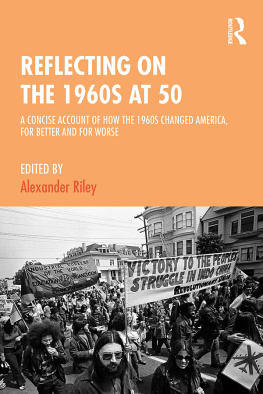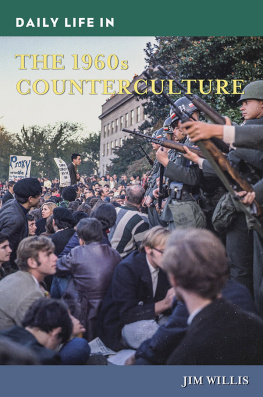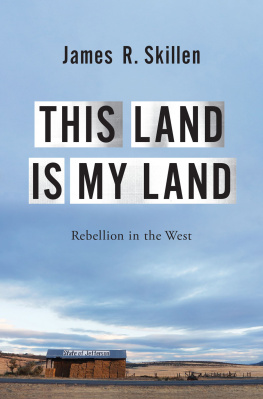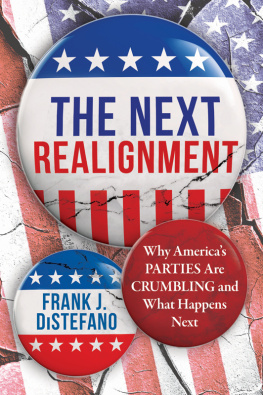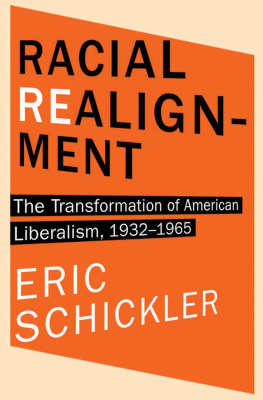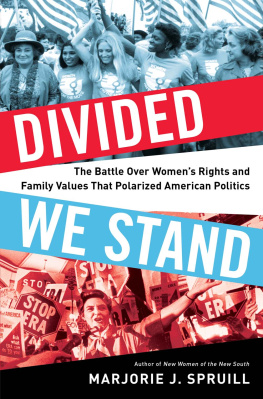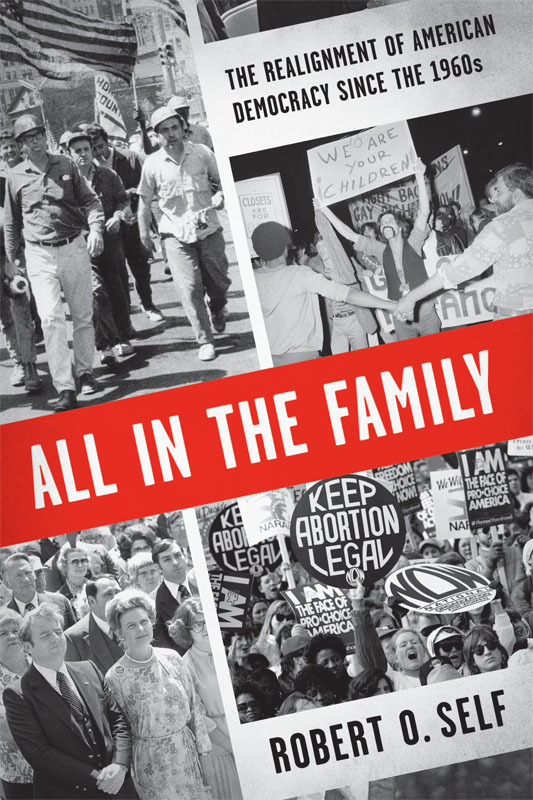
The author and publisher have provided this e-book to you for your personal use only. You may not make this e-book publicly available in any way. Copyright infringement is against the law. If you believe the copy of this e-book you are reading infringes on the authors copyright, please notify the publisher at: us.macmillanusa.com/piracy.
FOR MY FAMILY
CONTENTS
PROLOGUE
Between the 1960s and the 2000s, Americans went to war with one another. They fought with words and images, through politics and the law, over what made women and men full citizens of the nation. Across three generations, they questioned everything from womens role in the labor market to their control over reproduction, from mens role as breadwinners to whether they could love each other and marry, and all manner of other explosive issues surrounding gender, sex, and family. By the dawn of the twenty-first century, the contest over civic conceptions of gender roles and sexuality had become deeply etched in competing narratives of national identity. How one understood feminism, abortion, gay rights, welfare, and family values signaled ones political allegiances. This book is about how that fight was joined and came to propel the tumultuous transformation of American political culture.
From this vantage point, the arc of history between 1964 and 2004 is clear. In the mid-1960s, a new generation of American social movements, inspired by and often dependent on the black freedom struggle, asserted governments responsibility to ensure equality not just for racial minorities but also for women and sexual minorities. Though hardly united, those movements sought an expansion of the nations definition of full citizenship and, ultimately, of its social contract. By the turn of the century, this vision had not disappearedindeed, elements of it had been enshrined in lawbut it now competed with family values for Americans political loyalties. If equal rights had been the driving force of American politics in one era, three decades on, family values had usurped that position. Those who espoused family values did not reject the equal rights framework in its entirety, but they dismissed elemental features of what it had come to mean, and they put the full force of their considerable political movement behind foreclosing the extent of transformation. Their efforts shifted not just electoral politics but the entire culture of American democracy rightward.
Behind the competing visions of American life were two ideas with far-reaching political consequences: citizens have a sex and they have sex. Prior to the second half of the twentieth century, the United States, like most societies in the West, rarely recognized the first proposition. Citizens were not imbued with the gender differences assigned by biology. The universal subject of modern democracies was assumed to be a white heterosexual male. Americans did recognize the second proposition, but its implications were hidden behind the all-important distinction between public and private so long employed to divide political from domestic life in classic political thinking. Even as the state regulated everything from womens reproduction to sexual behavior and marriage, sex and sexuality were imagined as private. They were thought to have no meaningful relationship to democratic citizenship. Sporadic political insurgencies over more than a century, led by women and sexual outsiders, had ensured that these inherited assumptions did not go utterly unchallenged. Still, in 1964, when this book begins, powerful assumptions about patriarchal order and heterosexuality shaped society and guided public policy.
Struggles over gender and sexuality necessarily fixed on the place of the family in American politics and culture. The white middle-class nuclear family headed by a patriotic and heterosexual male was central to political contest throughout this period. The idea of that family conveyed such power it is best thought of as a national mythology. Even as that mythology was called into question by women and gay men and lesbians, alongside in various ways the black freedom and the antiwar movements, it remained an abstraction able to determine the political success of left, right, and center. Thus who controlled that mythology mattered. In the 1960s, New Frontier and Great Society liberals such as Lyndon Johnson, Daniel Patrick Moynihan, and Sargent Shriver crafted social and economic policies they believed would make this idealized nuclear family, which had been the object of liberal concern since the New Deal, attainable for more Americans than ever before. They hoped to assist families economically, and I call their collective efforts breadwinner liberalism.
By 2004, the nuclear family was a conservative emblem, heralded by figures such as George W. Bush, Ann Coulter, and Pat Robertson, and instead of crafting policies to extend opportunity to new segments of society, conservatives endeavored to defend families from what they cast as moral threats. They sought to protect idealized families from moral harm, and I call their collective efforts breadwinner conservatism. Over these four decades, conservatives won back the power to define the mythological American family, and in the process the Great Society pledge to assist families became the New Right pledge to protect them.
The fact that the ideal nuclear family was never truly representative of how most Americans lived was immaterial. The conflict over this political and ideological fiction was very real: it drove the larger transformation of American democracy over three generations, remaking a center-left social welfare polity established between 1934 and 1972 as the center-right free-market system that emerged from 1973 to 2004.
This transformation was initiated by sixties social movements that challenged the liberal version of the idealized nuclear family by demanding rights not imagined by existing legal and political institutions. Feminists, gay men and lesbians, and nonconformists of all sorts formed organizations such as the Mattachine Society, the National Organization for Women, and the National Welfare Rights Organization. Together such organizations upended existing gender and sexual norms and redefined the public and private spheres of American life. They challenged male privilege, fought for womens equality, and invented the term sexual politics to describe the struggle over womensand later, allbodies. They brought sexual difference out of the closet and pushed for an end to the social and legal banishment of nonheterosexuals. In the broadest sense, they forced Americans to engage in debates about the meaning of manhood and womanhood, what it is to be sexual, what it means to construct families, and what all of these matters have to do with politics and the nation. Their impatient demands and urgent protestations were never limited solely to equal rights, especially among radicals, who pushed for deep and fundamental changes in white male, heterosexual society, but those who channeled their efforts into demands for rights were most able to win influence over law and public policy.
Despite the many victories they won and the importance of their legacy for succeeding generations of Americans, sixties social movements provoked the rise of a powerful new politics on the right: breadwinner conservatism. This politics, which originated in Richard Nixons notion of the silent majority in the late sixties and in the fevered call to arms of Catholics and evangelical Christians in the seventies, found its ultimate expression in opposition to the broad liberal lefts idea of expanded citizenshipof an expanded body politic. Conservative activists and politicians, led by George Wallace, Phyllis Schlafly, and Jerry Falwell, among many others, and energized by the legalization of abortion, the demands of feminists, the expansion of welfare, rising crime rates, and the increasing visibility of homosexuality, cast the nuclear family as in crisis and its defense as their patriotic duty. Their views on gender, sexuality, and family made the conservative coalition that coalesced around Ronald Reagan in the 1980s possible. In fact, the way they sought to constrain government interference in an idealized private family sphere was intimately linked to the way they also sought to limit government interference in the private market. These stories are not often told together. Questions of gender, sex, and family have been isolated as part of the culture wara struggle that has been seen as tangential to the politics of equality, power, and money.




